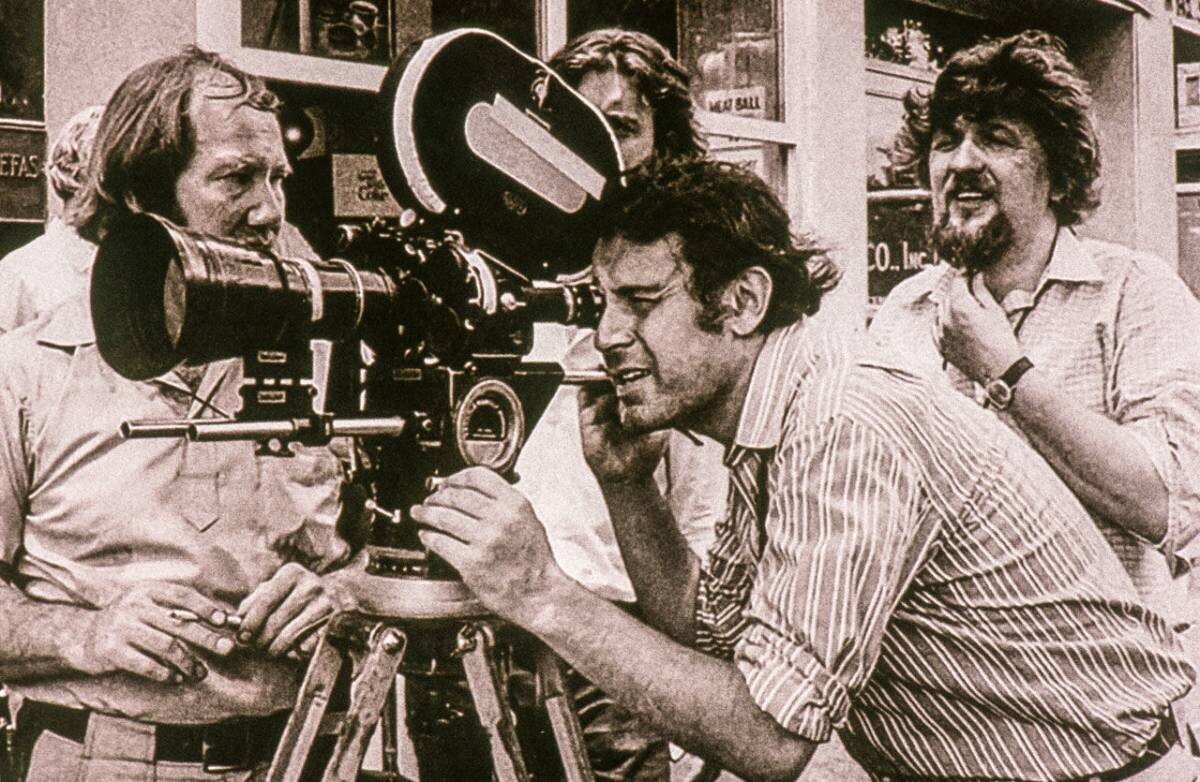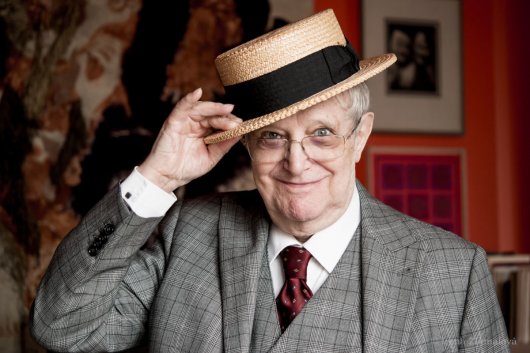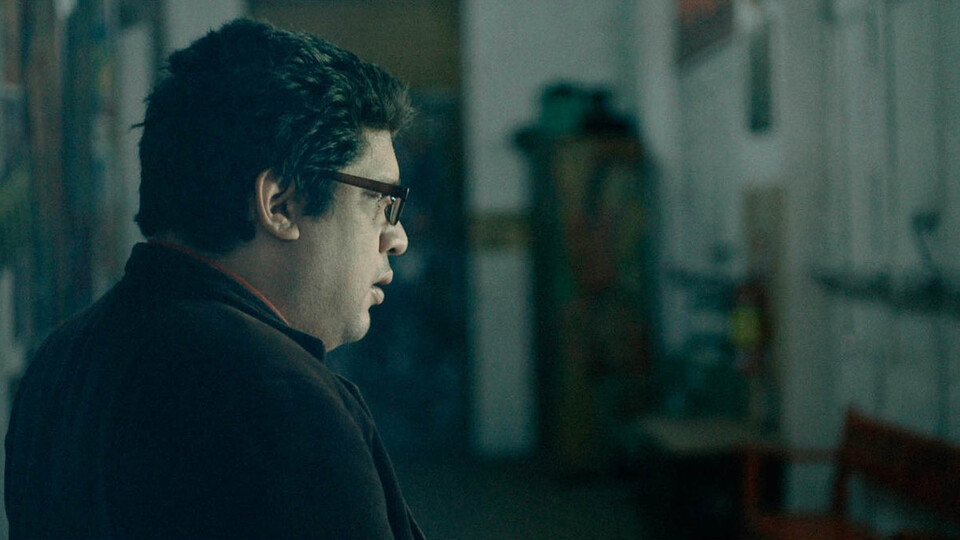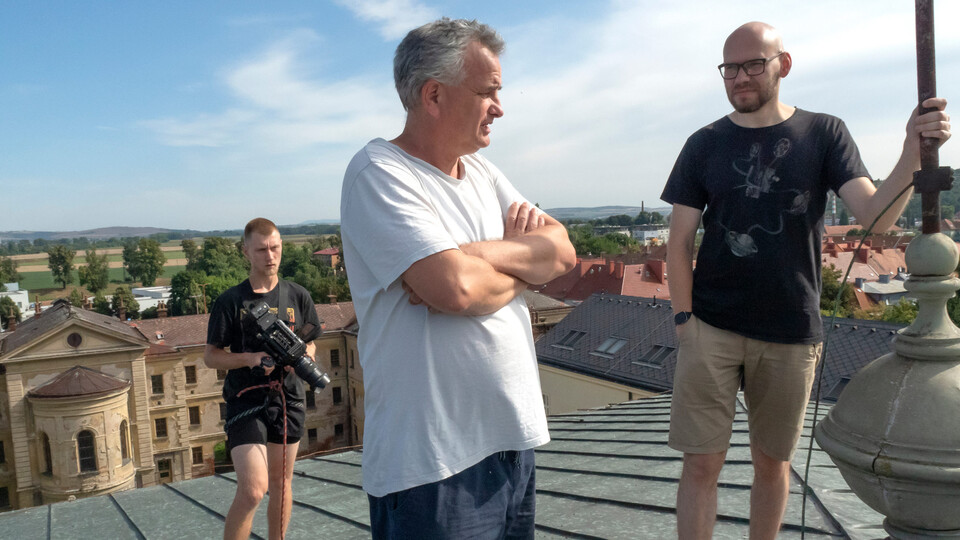A Place to Take a Breath
The biographical pictures Forman vs. Forman (2019) by Helena Třeštíková and Jakub Hejna and Jiří Suchý: Tackling Life with Ease (2019) by Olga Sommerová tell stories about quest for freedom. The first one is set in the normalization Czechoslovakia and the second one in exile. They show Miloš Forman and Jiří Suchý coping with schizophrenic reality of the totalitarian society, which forces artists to decide between freedom and home.
Miloš Forman counts among filmmakers who did not plan to emigrate. He was abroad when the occupation came and he was deciding whether to come or not to come back to his homeland, which changed into a trap during his absence. It was freedom redeemed by broken family bonds. Forman did not see his sons for seven years and his first marriage did not survive the exile. Třeštíková and Hajný highlight the topic of freedom and uprootedness, which goes back to director´s early childhood marked by the death of his parents in the concentration camp and his dreadful memories of the gestapo. An emotional compiled collage is permeated by rich archive materials showing dramatic social changes. The authors Třeštíková and Hejna managed once again – as in the story of Lída Baarová depicted in the film Doomed Beauty from 2016 – to interlink intimacy of a time-collecting documentary with the dramatic character of the conflict between personal history of an individual and great history of the society.
Forman´s film Audition represents initiatory experience for Helena Třeštíková. Works of the Czechoslovak new wave brought unbelievable authenticity to the cinema screens. However, not even a trivial everydayness can be apolitical in an environment which propagates doctrine of social realism. An inner conflict between the character and the environment of Forman´s early works continues also in his epic American stories. The topic of freedom is given a considerable space in excerpts from the films One Flew Over the Cuckoo´s Nest (1975), Hair (1979), Ragtime (1981) or The People vs. Larry Flynt (1996). The example of Amadeus (1984) shows schizophrenia of the system which betrays its own principles. The very same regime allowed its once citizen to shoot an epic for Americans in Prague and kept another artist, Václav Havel, in prison at the same time. After leaving for the exile, Forman meets another type of absence of freedom. “Nowhere are we free. However, if I should choose between lying at the mercy of an idiot or a viewer, the choice is clear.” The author comes to a conclusion that repression exists everywhere, but commercial pressure is more bearable than the ideological one.
Jiří Suchý tried to find his creative freedom within the system and by cementing people through entertainment free of any ideological order
The story Tackling Life with Easy (2019) about Jiří Suchý is less political. Instead of highlighting historical context, Sommerová underlines mainly personal experience of the main character. However, not only tragedies like Suchý´s first wife Běla´s and Jiří Šlitr´s deaths are shown. Political evens resonate, too. Semafor theatre became a society-wide phenomenon and its founders created a space for non-regime entertainment where people came to “breathe some fresh air”. Archive scenes showing burning Soviet tanks and shooting in the streets during the occupation are emotively tinged with the song by Suchý and Šlitr Jo, to jsem ještě žil from 1969. When the occupation started, Suchý and his wife were abroad. Personal reasons make him return home. He “is not an emigrant type” and his decision grows into a gesture of national loyalty. When he unexpectedly appears on the stage in Semafor theatre, the audience, thinking he is in London, gives him the greatest applause in his life. “People were glad that there is also someone who comes back.”
Though neither Forman nor Suchý belonged among dissidents, their stories did not remain apolitical. Třeštíková with Hejna and Sommerová as well extended a portrait of an individual with collective historic experience and showed how it is possible to deal with a repressive system. Suchý did so by finding his creative freedom within the system and by cementing people through entertainment free of any ideological order. Forman built up his new home abroad. Part of the documentary is spoken by Forman´s son Petr, who represents continuity on the personal level and also on the level of a collective story of the director who points out the fact that our country is free only on the paper and that it will take a long time before people free themselves inside.
Translated by Petra Ocelková




